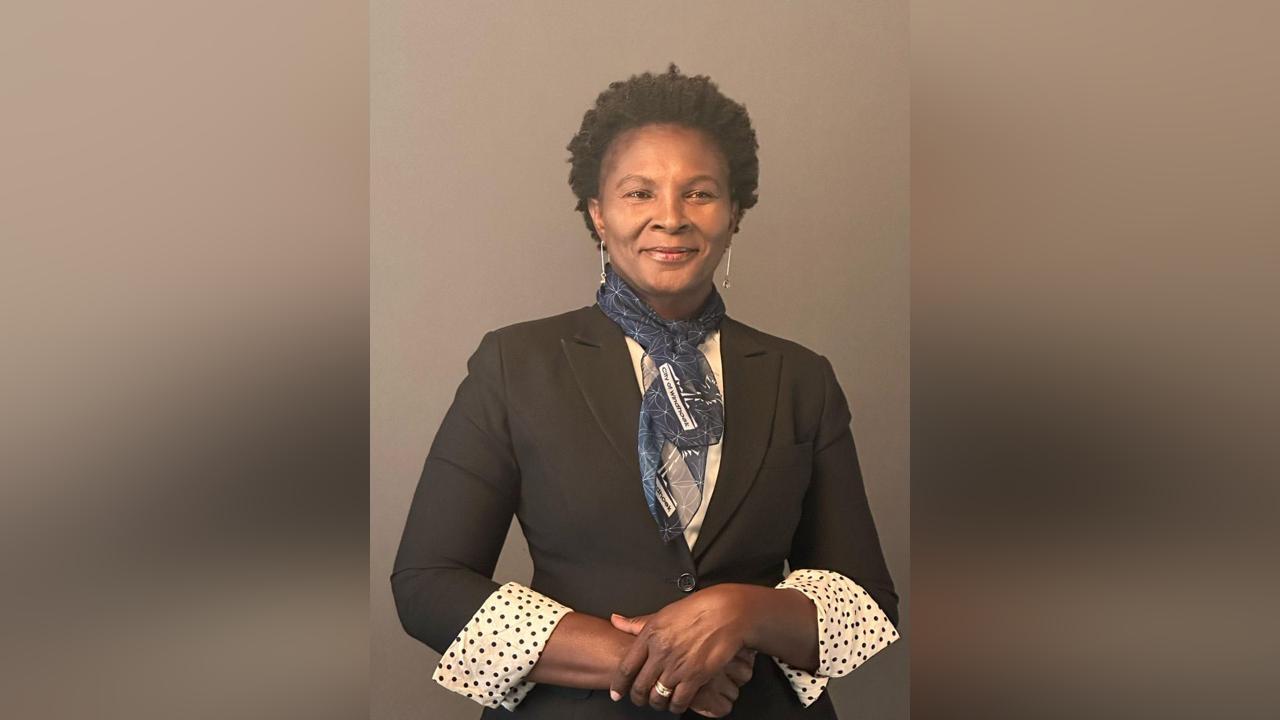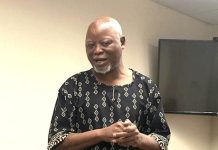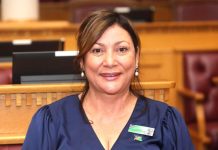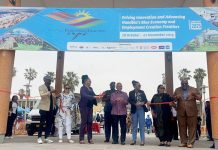Africa-Press – Namibia. The City of Windhoek’s longest-serving councillor, Fransina Kahungu, has called for reforms to the Local Authority Act to clearly define the mandate and responsibilities of individual councillors.
She said the current system leaves too much room for inactivity and confusion.
The seasoned politician made the remarks in an exlcusive interview with New Era yesterday.
Kahangu, who has served several terms on the Windhoek Municipal Council, said that while councillors are expected to provide municipal services, the law does not spell out what exactly each councillor should be doing to achieve that goal.
She said so far the councillors for local authorities are guided by the Local Authority Act; however is not clearly forced to take responsibilities of delivering services.
“The Act is very clear that council members are expected to provide services. However, it is not clear on the mandate of an individual councillor. For example, a councillor will only attend some activities as he or she thinks, but there is nothing that defines what you must do as a councillor or you must do as A, B, or C,” she said.
Kahungu believes that this lack of clarity contributes to poor service delivery and public frustration. She said that while some councillors take their work seriously, others fail to perform, yet they are all judged equally by the public.
“We must start from the policy. There must be someone or a body that oversees the activities of individual councillors. As it is now, some councillors might do the work, some might not, but in the end, all are seen as councillors,” she said.
She also called on political parties to take greater responsibility for the councillors they deploy to serve in local government.
“Political parties must agree together with their councillors on what is expected from them,” Kahungu explained. It is not correct for a party to just look at its representative sitting in the council chamber without knowing what they are doing,” she said.
Formalisation
Kahungu identified the formalisation of informal settlements as one of the city’s most urgent service delivery challenges. She said Windhoek has more than 16 informal settlements, many of which grew rapidly after the 2014 land-grabbing incidents.
“The most important thing for us is to provide municipal services. But I’m referring especially to the formalisation of informal settlements. When we formalise an area, both residents and the municipality benefit. Residents gain land ownership, and the city can provide infrastructure and services more easily,” she said.
She said formalisation would also help solve housing shortages and improve urban planning. Kahungu acknowledged that many residents feel frustrated by slow service delivery and corruption concerns.
However, she pointed to the new housing and land policy approved in 2024 as a step in the right direction.
“Most of the housing challenges were caused by the old policy, which made it very difficult for low-income earners to build their own homes,” she said.
She added that “the new policy allows people to build, provided they follow municipal rules.”
Futhermore she noted that congestion in informal areas can be addressed if the city works hand-in-hand with residents to plan relocations and demarcate plots.
“It is not difficult if we work together with the residents. One person may have several houses, but that person is willing to rearrange them properly if the municipality comes forth to relocate and demarcate people so they know where to put their houses,” she said.
Challenges
Reflecting on the outgoing council’s performance, Kahungu said infighting among councillors from different political parties affected decision-making and delayed service delivery.
“It was not easy working with councillors from various political parties, coming up with different ideas. Even if an idea was good, some would block it just because they thought it would benefit another political party,” she said.
Still, she said the council made progresson reviewing policies and bylaws, even if implementation was slower than expected.
Motivation
Kahungu said she was encouraged to continue serving af ter being approached by residents and inspired by the central government’s renewed support for local authorities, including a N$750 million assistance package to the City of Windhoek.
She added that her experience and understanding of council systems motivated her to remain, saying she can help bridge gaps between officials and politicians.
“Some councillors are easily misled by officials or fail to understand why resolutions are not implemented. With my experience, I can help improve the system,” she said, defending her intention to stand for the fourth term.
Kahungu urged both politicians and technocrats at the City of Windhoek to work together, saying their disagreements ultimately hurt residents.
For More News And Analysis About Namibia Follow Africa-Press






